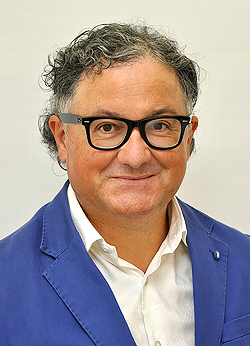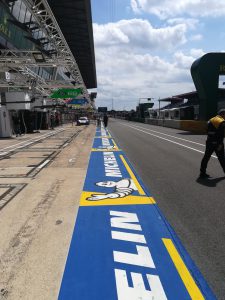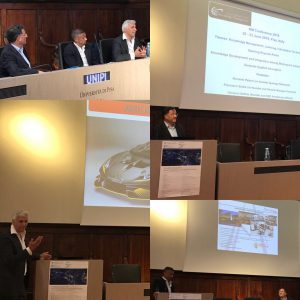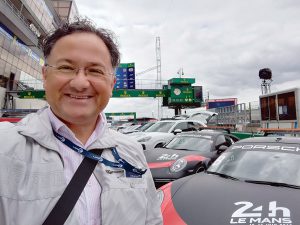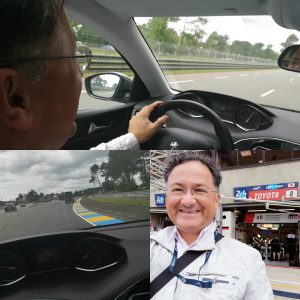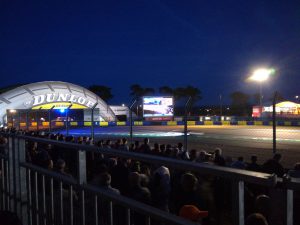In business terms innovation has become a buzzword; it seems that everything needs to be innovative in order to succeed generating sustainability and growth: products, services, overall business models. In reality sustainability and growth are not simply linked to a commonly shared concept of innovation (innovation means to be creative, to think and act in original ways), rather innovation that generates results is more complex in its foundations (innovations has its roots in applying original thinking that actually achieve desired results: ineffective original thinking is simply creative, not innovative). Any company that truly thrives on innovation understands and applies this consideration as a matter of fact.
Recently I have had the opportunity to spend some intense hours in the unique setting of the Le Mans 24 hours as a fascinated enthusiastic spectator from the grandstands as well as from the pits and paddock. It is the pits and paddock perspective that has made me associate Le Mans’ overall context to a continuous search for the actual innovation described above.
It is a given that technological innovation, developed within regulations boundaries, determines a key competitive advantage mostly within a race characterised by the integrated focus on extreme performance and extensive endurance. It is not a given to realise that such sophisticated technology totally depends on the human factor’s synergised actions in order to achieve concrete and consistent results (and the human factor comprises everyone: management, engineers, drivers, mechanics, support staff).
In these terms the 24 Hours of Le Mans exemplifies at best the innovation edge represented by Motorsport because of its unique characteristics and complexities. In fact, innovation is not simply a matter of research and development, it is also a matter of finding original practical solutions to make them work and manage emerging challenges. Action within Le Mans pits effectively represents these concepts and certainly some of the extemporaneous solutions that arise from the unique mix of technology and human factor find further refinement and elaboration after the race and become sources of further research and innovation. All in all this can concretely generate an innovation mindset widespread within the racing team and the overall Motorsport organisation.
Three key factors
From this perspective, Le Mans 24 hours’ innovation edge inspires some observations that can be quite useful for any organisation that concretely and consistently wants to grow leveraging on pragmatic innovation. Three key factor surface in a distinct way: a) the need for total synergic organisational interdependence ; b) the need for structure in order to be fast and dynamic towards the achievement of the set goal ; c) the realisation that any detail, no matter how trivial, counts and it can make the difference towards the affirmation of innovative practices.
Synergic interdependence means that effective innovation depends upon the professional integrated effort of any single role (drivers, management, engineers, crew members; everyone has a direct essential influence on manifesting actual innovation). Organisational charts with defined roles and responsibilities are on evident display in Le Mans’ pits where effective action and effective solutions require no hesitation and cannot afford effort overlaps. It all hinges on a consistent overall focus on any detail: an original solution will remain at the creative level until all details involved into it line-up towards an actual effective result turning creativity into actual innovation.
To understand what actual innovation is, and the actual complexities it involves, an inside look to the 24 Hours of Le Mans can represent a source of pragmatic inspiration to any company in any field.
(by Riccardo Paterni, article already published on June 25th 2018 in WinningFomula.io)
